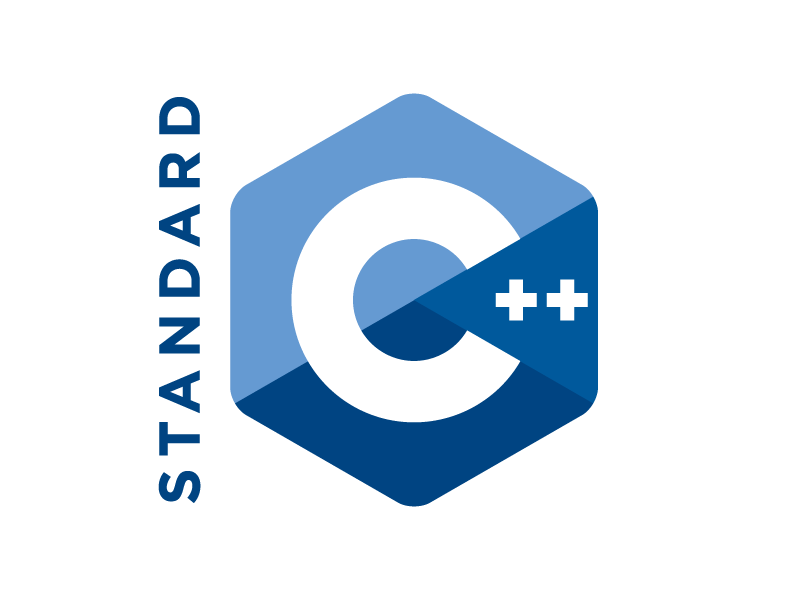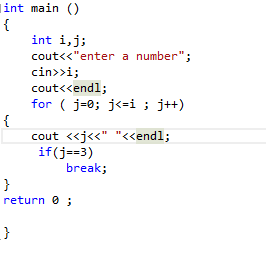Last digit problem in SPOJ looks simple but it contains a important concept of Modular exponentiation. If want AC in submission then you have to know about this concept ,to avoid time limit exceeded .
For example, given b = 5, e = 3, and m = 13, the solution, c = 8, is the remainder of dividing  (125) by 13.
(125) by 13.
The general method is :
The most straightforward method of calculating a modular exponent is to calculate be directly, then to take this number modulo m. Consider trying to compute c, given b = 4, e = 13, and m = 497:
One could use a calculator to compute 413; this comes out to 67,108,864. Taking this value modulo 497, the answer c is determined to be 445.
Note that b is only one digit in length and that e is only two digits in length, but the value be is 8 digits in length.
In strong cryptography, b is often at least 256 binary digits (77 decimal digits). Consider b = 5 × 1076 and e = 17, both of which are perfectly reasonable values. In this example, bis 77 digits in length and e is 2 digits in length, but the value be is 1,304 decimal digits in length.This leadto time limit exceeded.
Right-to-left binary method:
First convert e to it’s binary form:
 , where the length of e is n bits. ai can take the value 0 or 1 for any i such that 0 ≤ i < n – 1. By definition, an – 1 = 1.
, where the length of e is n bits. ai can take the value 0 or 1 for any i such that 0 ≤ i < n – 1. By definition, an – 1 = 1.
So now solution is :

The solution c is therefore:
Now how will be your program approach :
while exponent > 0
if (exponent mod 2 == 1):
result := (result * base) mod modulus
exponent := exponent >> 1
base := (base * base) mod modulus
return result
So the function will be like this :
void lastdig{
scanf("%lld%lld",&n1,&n2);
long long d=1;
while(n2){
if(n2%2 !=0)//it can be 0 or 1
{
d=(d*n1)%10;
}
n2 >>=1;
n1=(n1*n1)%10;
}
printf("%lld\n",d);
}
Hope you learnt something #HappyCoding. 🙂
Source : wikipedia.org





